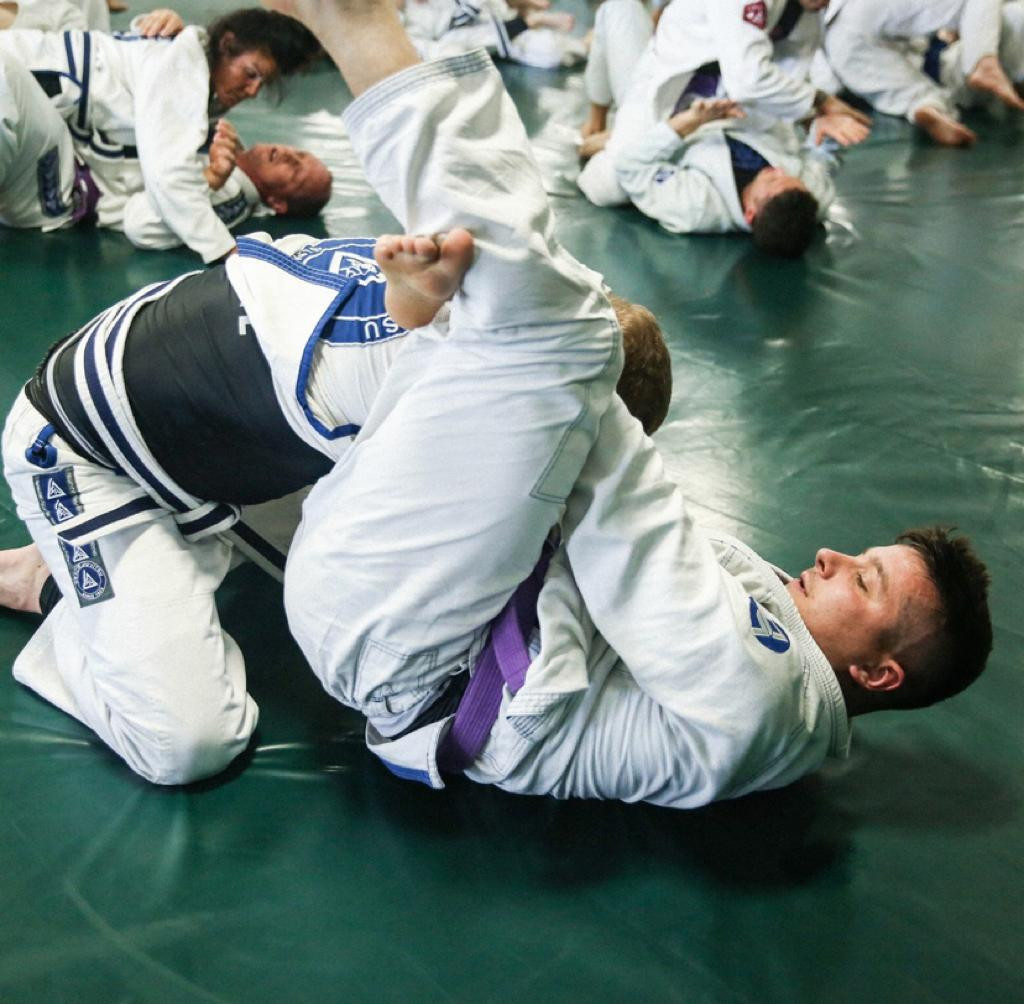Losing to a Lower Belt - Navigating Your Jiu Jitsu Journey

Just because you get your blue belt doesn’t mean that you will only roll with other blue belts. Blue belts roll with purple belts, as well as white belts. As a blue belt, you will likely feel nervous when going up against a purple belt because they are a more advanced fighter than you. However, some blue belts are apprehensive about going up against white belts because they don’t want to get tapped by a lower belt.
The first thing to remember after you get tapped by a lower belt is that the belt system is not a precise hierarchy. Someone who is on the verge of obtaining their blue belt does not suddenly become a better fighter when they receive it. They are the same person. They’re just wearing a different color belt.
Secondly, it’s not uncommon for a white belt to have a natural aptitude for one move even if they haven’t developed as a fighter. For example, they may just get how to throw an armbar that even leaves instructors stupefied.
Third, blue belts are not grandmasters. If you are a blue belt, you should be proud of yourself and your achievements, but you should also recognize that you may have years of training left to go before you reach the rank of purple belt, let alone brown belt, let alone black belt. Therefore, you should not expect perfection. Given enough time, you will inevitably get tapped by a lower belt.
When this happens, just about all people will respond in one of two ways.
Doubt
As Ryan Young of Kama Jiu Jitsu says in the below video, losing to a lower belt can make you doubt yourself. This can be a good thing because it teaches you humility and ego management. However, it can also make you question if you really deserve the belt that you’ve been awarded.
As Ryan says, this can make some people “guard their rank.” What he means by this is that they tighten up and don’t take chances because they’re afraid of losing again. They repeat comfortable sequences and don’t experiment with new techniques.
These patterns may protect their ego, but it won’t allow them to progress as a fighter.
Gratitude
Rather than getting in your own head or doubting your abilities, another response is to acknowledge that the defeat has revealed a hole in your jiu-jitsu training that you didn’t know was there. Seen in this light, the loss is an opportunity to improve your technique. If you can replay the sequence in your head and discover where you made a wrong move, you can correct it, and fill in that hole in your jiu-jitsu game. For this, you should be thankful.
Rather than avoiding the white belt who tapped you with an armbar or feeling shame for the loss, you should take a moment to think about what went wrong, come up with a solution, and then ask them to repeat what they just did. If that white belt with the nasty armbar locks you up again as you go to pass his guard, then that means you haven’t solved the issue, and that you still have work to do. Eventually, you will figure out what you’re doing wrong, which will allow you to fix the problem and become a better fighter.
The same is true if you keep getting tapped when someone takes your back. On the one hand, you could defend as hard as you possibly can to make sure no one ever takes your back again. On the other, you could let more people take your back so that you can learn how to better defend yourself from this position. The former will keep your ego safe. The latter will make you a better fighter.
Growth
As Ryan says, “A lot of jiu-jitsu is conquering yourself.” Oftentimes this means keeping your ego in check and learning humility through defeat. However, it also means recognizing that your jiu-jitsu can always become more refined. Furthermore, there are always holes to plug, and it doesn’t necessarily take a black belt to see them. Sometimes a white belt might get lucky while you’re rolling. You should see this as a gift because it allows you to correct and eliminate that hole so that you can grow as a fighter and be better prepared should the same scenario come up during a fight that doesn’t take place on the mat.

